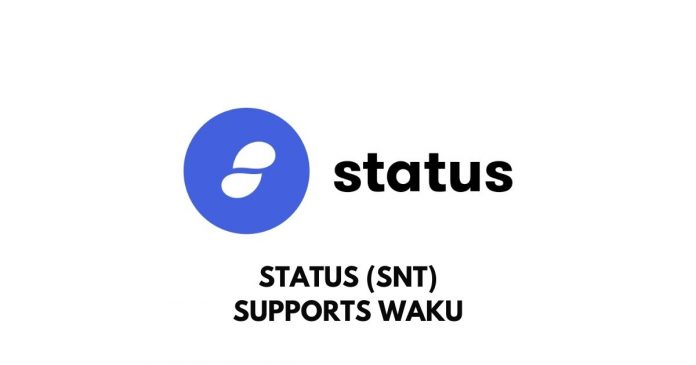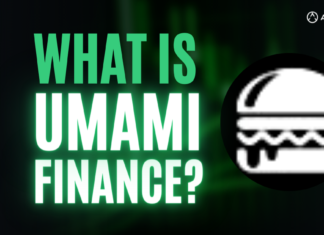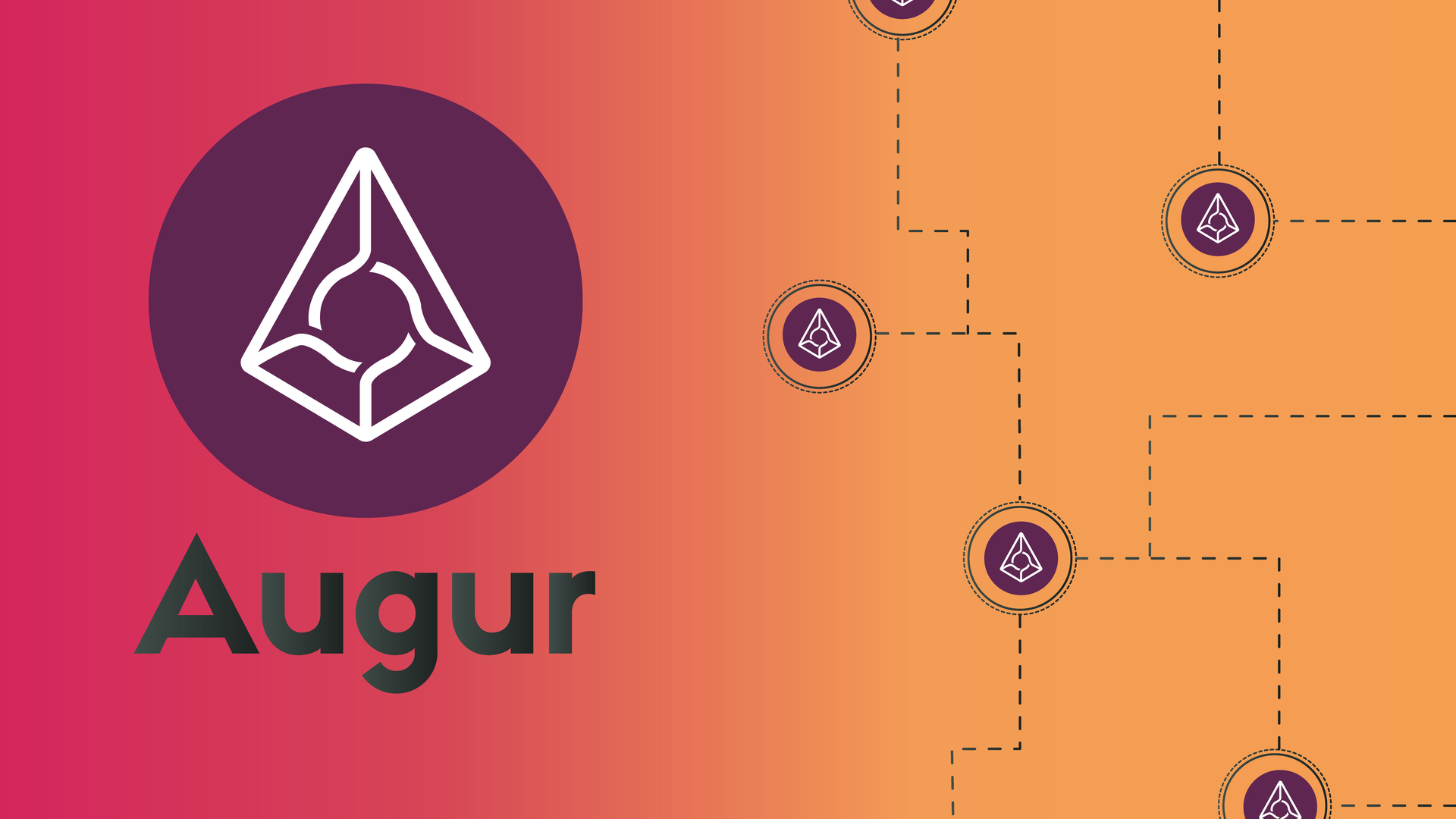The latest Status (SNT) v1.2 brings with it many upgrades, including the introduction of Waku.
Status (SNT) v1.2 is notable for its development towards the secure web3 browser, integrated crypto wallet, and the private messenger, Waku. Waku is an advanced model of Whisper, the previously used messaging protocol.
With the introduction of Waku, several issues associated with Whisper will be resolved in a continuous manner. This report will give a brief insight into peer-to-peer messaging, the issues associated with Whisper, and how Waku seeks to resolve these issues.
Peer-to-peer messaging
Peer-to-peer messaging has to do with the elimination of the need for centralized third-party servers in the distribution of messages around a network. With peer-to-peer messaging, rent-seeking centralized intermediaries are removed.
In addition, it promotes the decentralization of the network, improves censorship resistance, and removes single points of failure.
Whisper and its shortcomings
Whisper represents the original messaging protocol in the Ethereum tech stack. As the resources and efforts of the Ethereum ecosystem were centered on Eth1.X and Eth2.0, Whisper was picked up by the Status team, and they began to work on its implementation.
Since its release, Whisper hasn’t been useful due to its limited capabilities. The development team for Status has since been working towards certain upgrades to make sure the app runs on mobile devices. Despite the upgrades, Whisper still had some shortcomings.
Such shortcomings include scalability, spam-resistance, and the absence of incentivized infrastructure. In solving these issues, the team decided to introduce another improved version of Whisper, Waku.
Introducing Waku
In a bid to improve scalability, the status team eliminated Whisper and introduced Waku. With the latest release of Status v1.2, the first version of Waku was introduced and it is built to increase scalability by 10x in the network.
To improve scalability, Waku nodes will only receive messages that are related to their subscription. This is opposed to Whisper, which receives tons of messages in the network. This new measure will also greatly reduce the number of messages received and this will lead to the eventual reduction of bandwidth consumption.
As it relates to spam resistance, Waku also allows a node to control the request rates it receives. This process is also known as rate-limiting. If a node gets messages from a specific IP on a specific topic, such a node can reduce and control the number of requests allowed. Read full details here.
Earlier in July, Status Network introduced Keycard integration into its Status App on Android. With Keycard integration, Status users can also experience hardware-enforced security on the Status App.




























